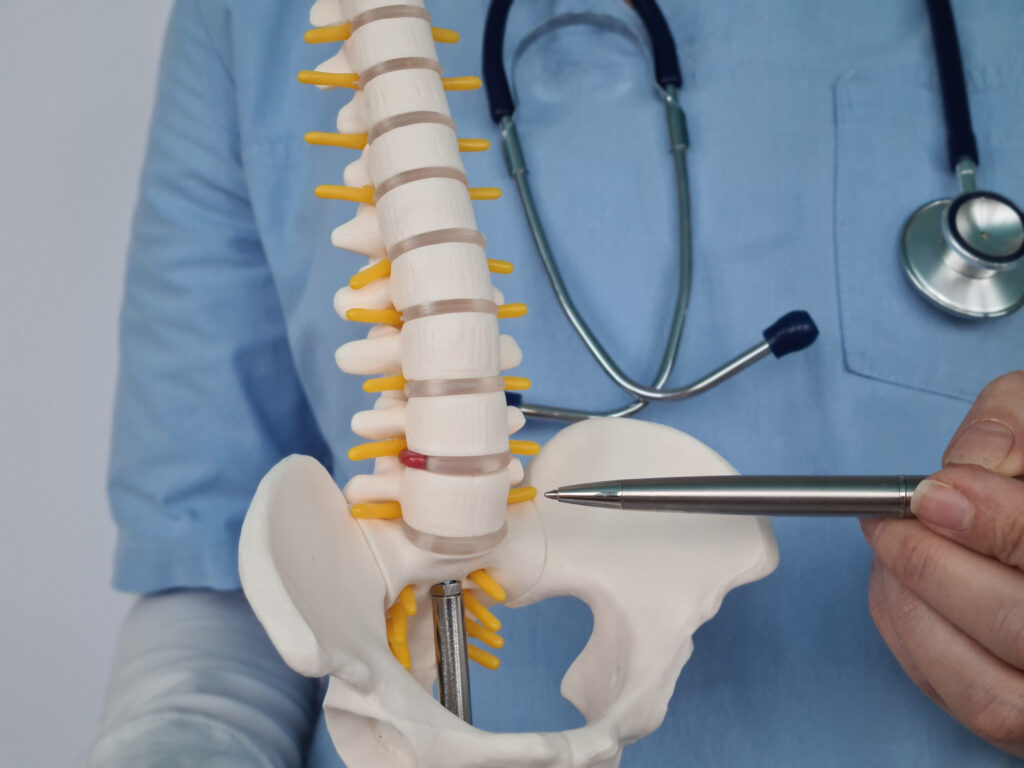In the realm of orthopedic surgery, the pursuit of improved treatment outcomes for patients is a constant endeavor. A recent study conducted by Katsuhisa Yamada, Hideki Sudo, and Norimasa Iwasaki from the Department of Orthopedic Surgery at Hokkaido University Hospital sheds light on innovative approaches in this field. Their research, published in a prestigious scientific journal, focuses on advancements that could significantly enhance surgical practices and patient recovery.
The authors delve into the complexities of orthopedic procedures, discussing the challenges faced by surgeons and the implications these have on patient outcomes. By analyzing various surgical techniques and recovery protocols, Yamada, Sudo, and Iwasaki aim to identify best practices that can be adopted widely across the medical community.
One of the key highlights of their study is the emphasis on patient-centered care. The authors advocate for tailored treatment plans that consider the unique needs and circumstances of each patient, which can lead to more effective interventions and quicker recoveries. This approach not only improves the surgical experience but also enhances patient satisfaction and overall quality of life.
Moreover, the study presents a comprehensive review of recent technological advancements in orthopedic surgery, including minimally invasive techniques and the use of robotics. These innovations are shown to reduce recovery times, lessen complications, and improve surgical precision. By integrating these technologies into standard practice, surgeons can provide better care while minimizing the physical and emotional toll on patients.
The collaboration between Yamada, Sudo, and Iwasaki underscores the importance of interdisciplinary research in advancing medical practices. Their findings contribute to a growing body of evidence that supports the integration of new technologies and methodologies in orthopedic surgery. As the field continues to evolve, studies like this one are crucial for informing best practices and guiding future research.
In conclusion, the work of Katsuhisa Yamada, Hideki Sudo, and Norimasa Iwasaki represents a significant step forward in orthopedic surgery. Their insights not only highlight the importance of innovation in surgical techniques but also reinforce the need for a patient-centric approach in healthcare. As the medical community embraces these advancements, patients can look forward to improved outcomes and a better overall experience in their surgical journeys.


